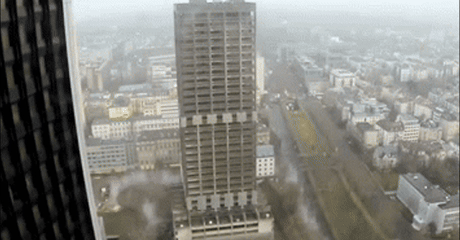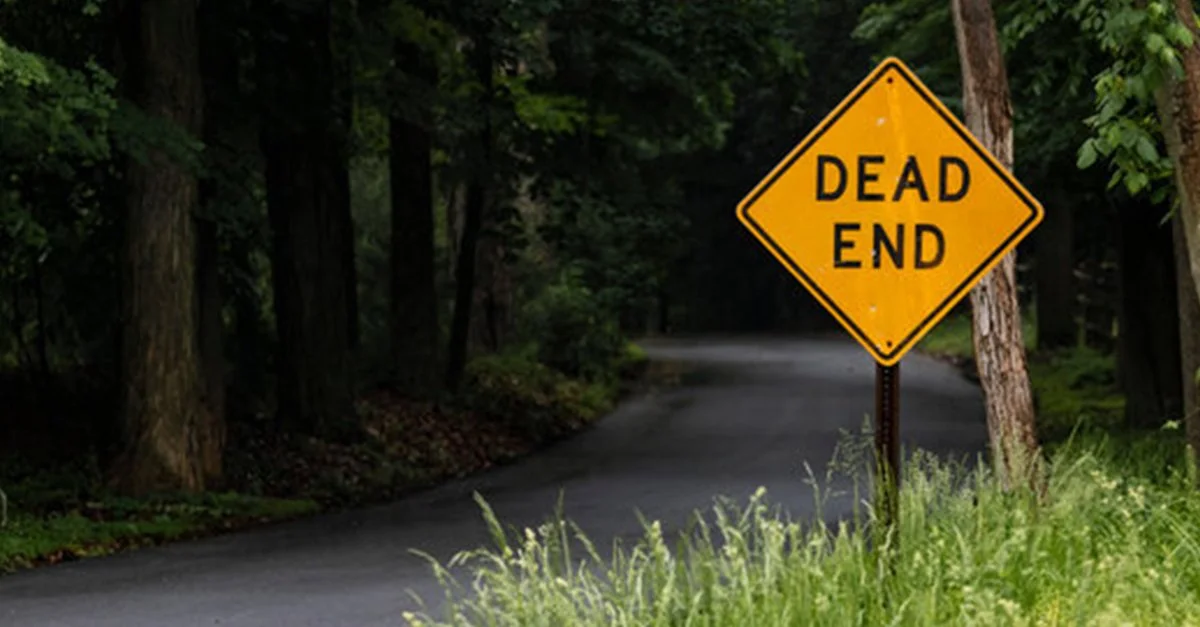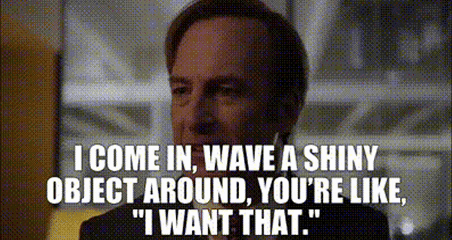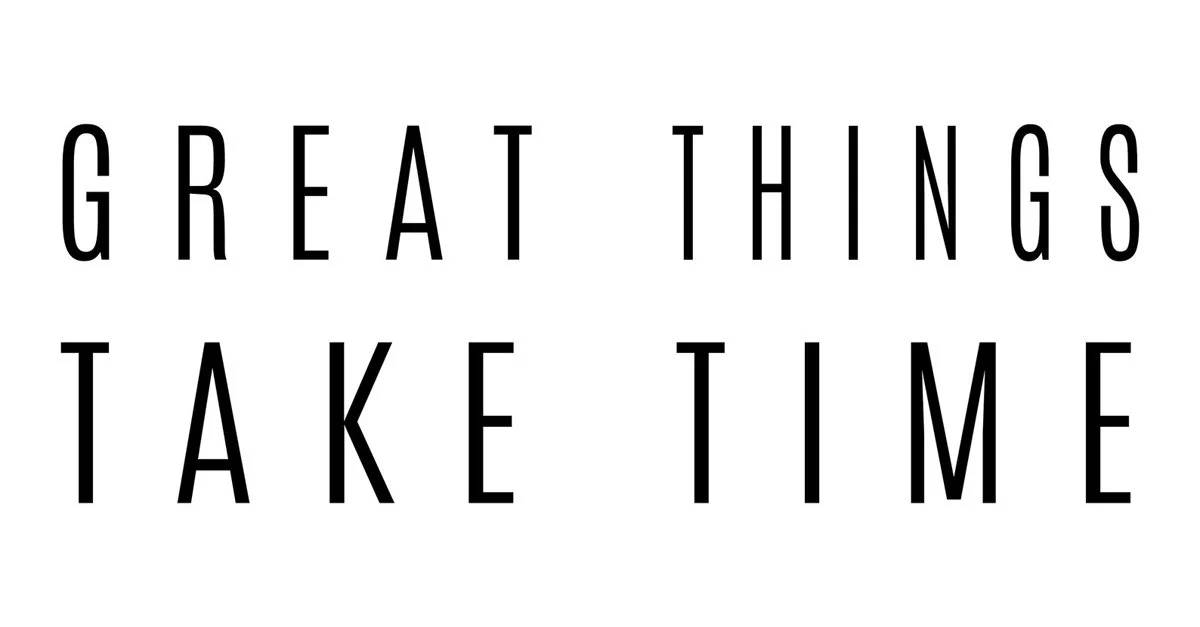Prime Time
Game Changers Need Time for Development
H/T Imgflip.com
Rushed work looks fine on the surface.
But it collapses under pressure.
Cut corners on time,
And you cut out the very things that make work great.
Projects need space to breathe.
Teams need time to explore, fail, and recover.
Because the insight that breaks things open?
It only comes when you give it Prime Time.
Because Prime Time isn’t just more hours on the clock.
It’s the quality of those hours.
It’s protected time.
Focused time.
Time without noise, distractions, or a last-minute panic sprint.
Prime Time is when the work gets to evolve instead of react.
When teams go deep instead of wide.
When ideas move past “good enough” and into “can’t be ignored.”
So, what goes into Prime Time?
H/T Adobestock.com
When you rush development, you miss dead ends — and sacrifice great work.
Dead ends aren’t failures.
They’re proof you’re actually pushing forward.
On the other side are breakthroughs.
Deep insights.
The kind shortcuts will never deliver.
Give your team the lead time to get there.
And don’t confuse “planning ahead” with procrastination.
Talking about a project in March,
Then sprinting in May,
Is still rushing.
Prime Time means space to develop.
Not just a date on the calendar.
H/T Yarn Music Memes
You have all the time in the world — you’re just distracted.
If your number one priority keeps changing?
You don’t have priorities.
Your focus is spread too thin.
The leader’s top priority is to protect the team’s runway.
That means padding.
That means saying no (for now, not forever).
That means showing stakeholders you’re in their corner,
But on the right timeline.
Because constant pivots drain focus. And scattered teams don’t win.
That’s why sprints work.
✚ Sprints force discipline.
✚ They create urgency without chaos.
✚ They build momentum with small wins along the way.
✚ And they bring visibility. Progress everyone can see.
For teams, that means clarity and motivation.
For the organization, it means accountability and trust.
H/T Eatsleepcrewrepeat.com
The silo’s need to go-go’s.
Teams don’t win projects in isolation.
They win by rowing in rhythm.
Specialists matter.
But magic happens when minds combine.
Collaboration builds energy. It makes the work better. Faster. Stronger.
And here’s the thing: conflict is part of the process.
Task-related conflict? Healthy.
It sharpens ideas.
Exposes opportunities.
Makes solutions more resilient.
Cultural or personal conflict? Toxic.
It divides.
It distracts.
It depletes.
Diverse teams thrive when conflict stays at the task level.
Because diverse thinking:
Produces more creative solutions.
Increases adaptability when things change.
Reduces blind spots one group alone might miss.
And here’s the third key: alignment.
When your team not only collaborates
But shares a clear purpose,
They become unstoppable.
Alignment turns diversity into synergy. Maximizing output Without minimizing individuality.
Everyone rows in their own way.
But the boat moves in one direction.
H/T etsy.com/noctiself
Prime Time isn’t about dragging things out.
It’s giving work the time it deserves to become its best version.
It’s about protecting focus.
Creating space to stumble.
And building strength through collaboration.
The payoff?
Better work.
Happier teams.
Stronger solutions.
Think of your team like a Michelin-rated restaurant.
Time isn’t wasted in the kitchen.
It’s invested.
Fast food fills you up.
Fine dining is memorable.
That’s the difference between rushed projects and Prime Time projects.
One satisfies a deadline.
The other defines a legacy. ⚑





